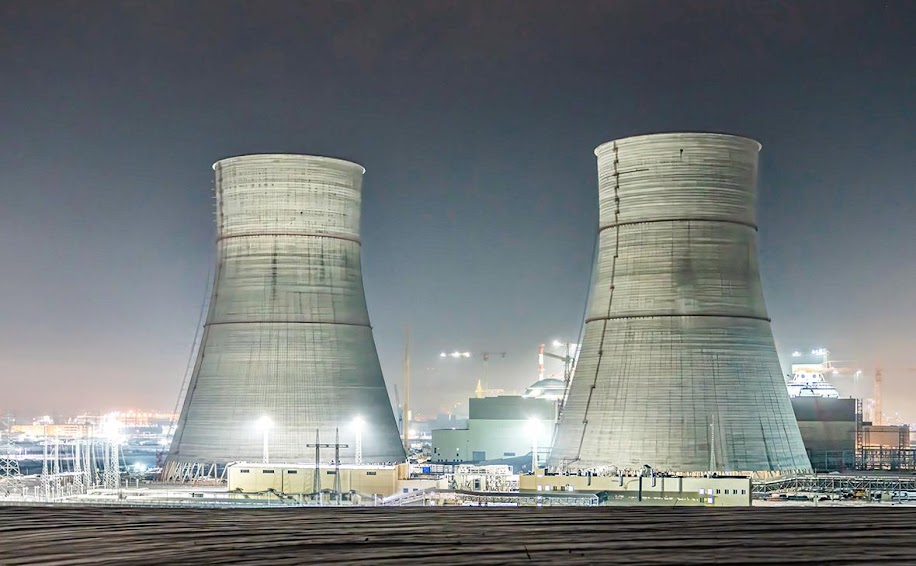Strategic Importance of the Kursk Nuclear Power Plant
The Kursk Nuclear Power Plant (NPP) is one of the key elements of Russia's energy system. Located in the Kursk region, in the southwestern part of Russia, this plant is not only crucial for the energy supply of the region but also for the entire country. Its role extends beyond simple electricity generation, playing a significant part in ensuring Russia's energy security and maintaining the stability of the national power grid.
1. Electricity Generation
The Kursk NPP, part of the Rosenergoatom concern, generates a substantial amount of electricity, providing power not only to the Kursk region but also to neighboring areas. The plant operates RBMK-1000 reactors, each with a capacity of 1,000 MW. The electricity produced at the NPP covers a significant portion of the energy needs of the Central Federal District of Russia and helps balance the load on the country’s overall energy system.
2. Energy Security
One of the key roles of the Kursk NPP is to support Russia's energy security. Power generation at the NPP is characterized by high stability and predictability. Unlike renewable energy sources such as wind or solar power plants, nuclear power plants can operate almost continuously, providing a stable supply of electricity. This is especially important during peak demand periods and in emergency situations, where consistent power supply becomes critically necessary.
3. Economic Significance
The Kursk NPP has significant economic importance for the region. It is a major employer, providing jobs for both highly qualified specialists and local residents. In addition, the plant contributes significantly to the regional budget through tax revenues. Its operation stimulates the development of local infrastructure and supports the standard of living in the Kursk region.
Consequences of Shutting Down the Kursk NPP




